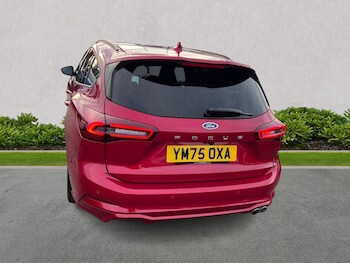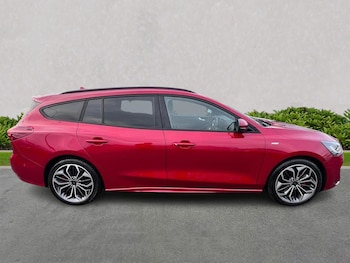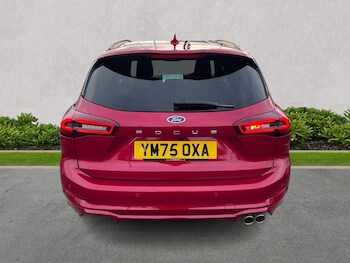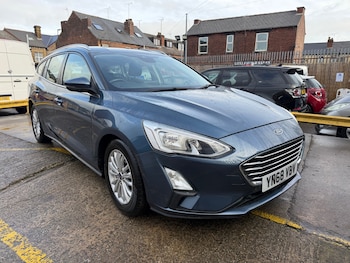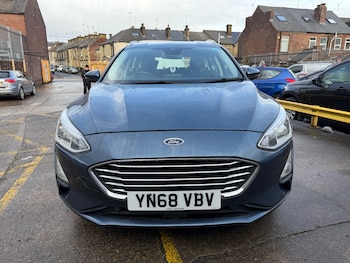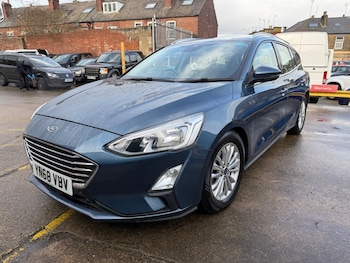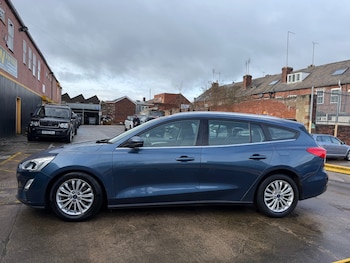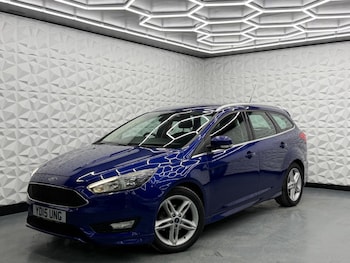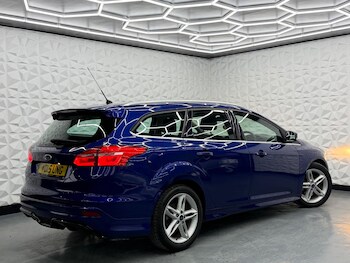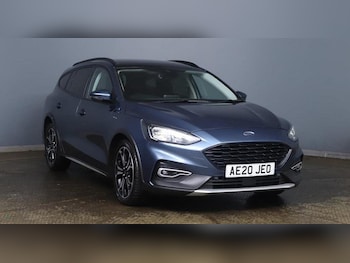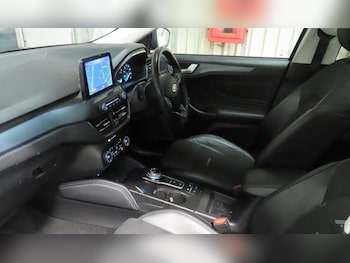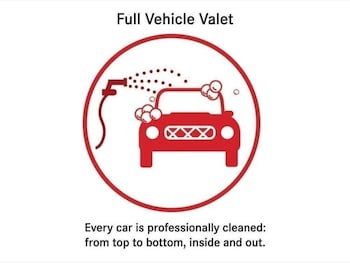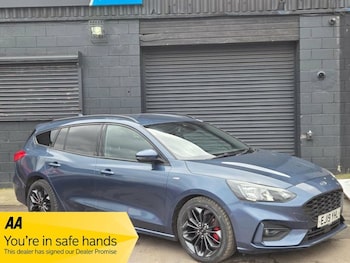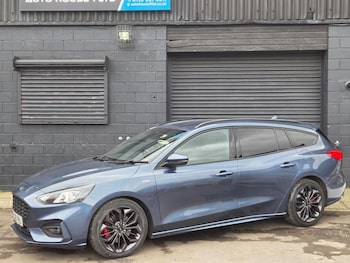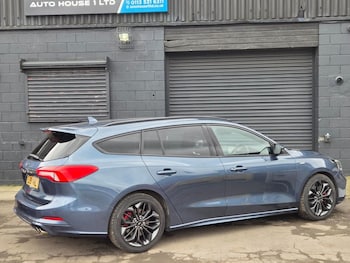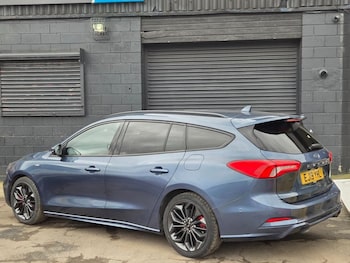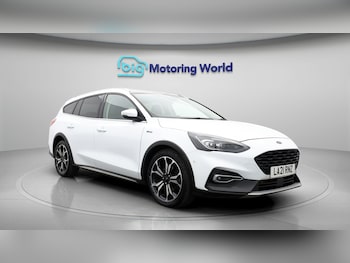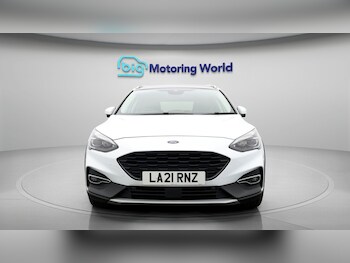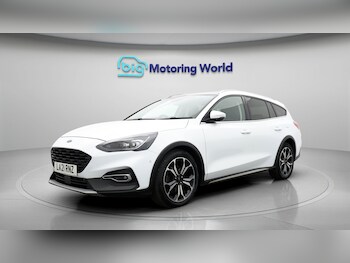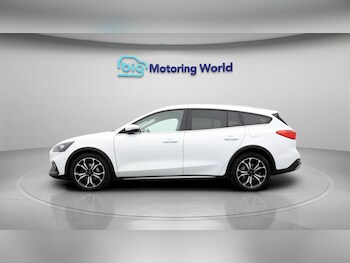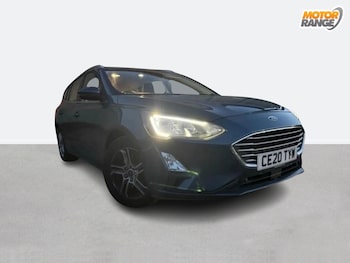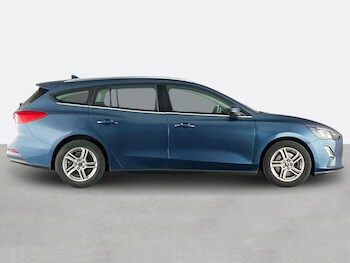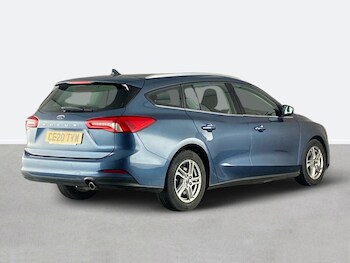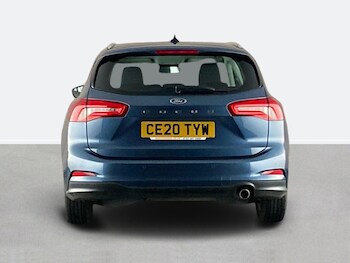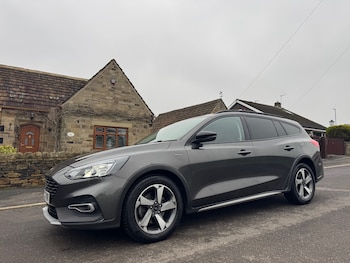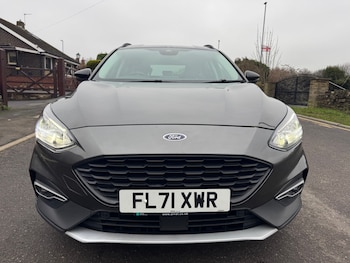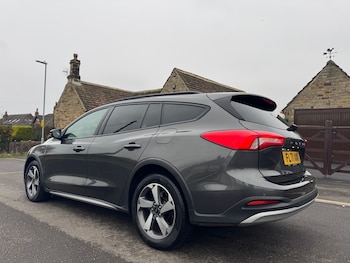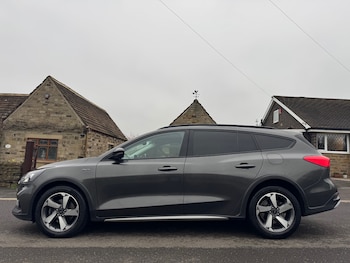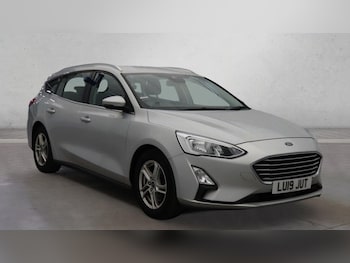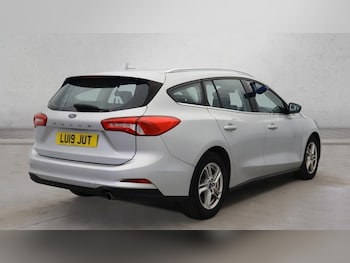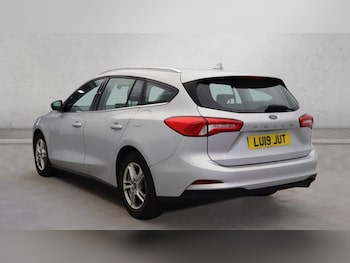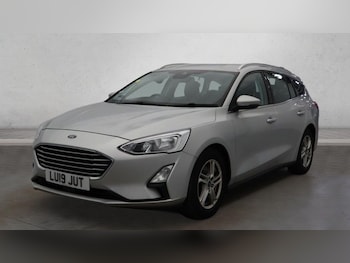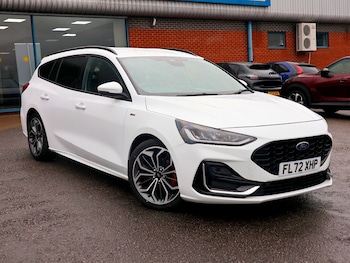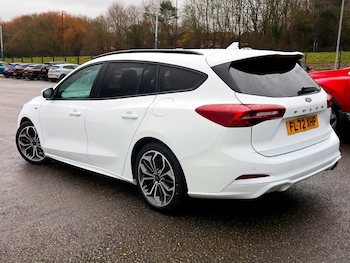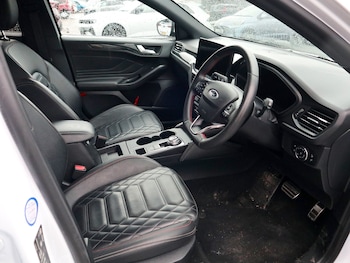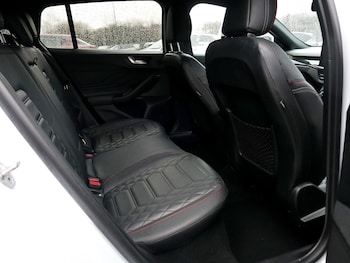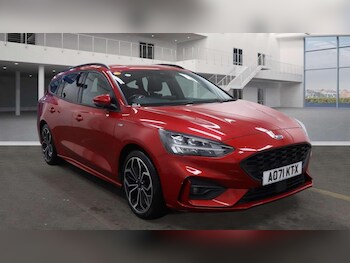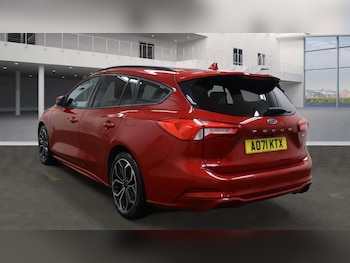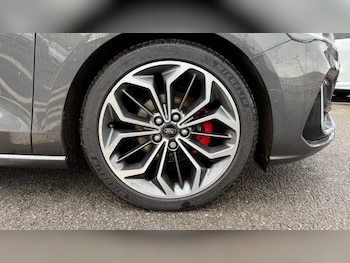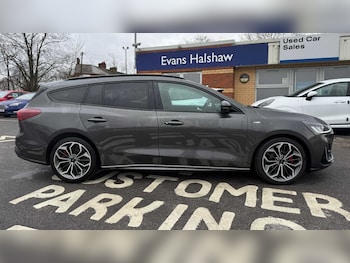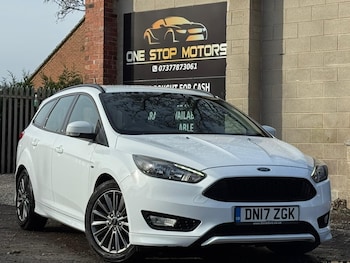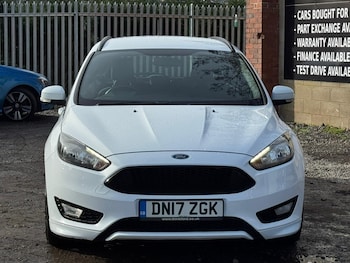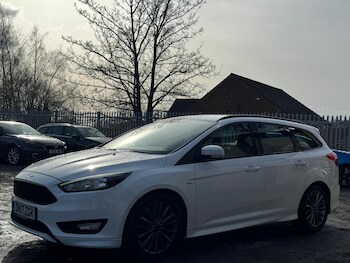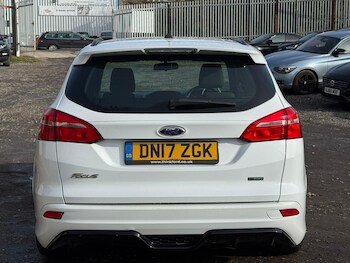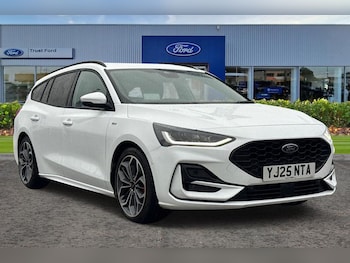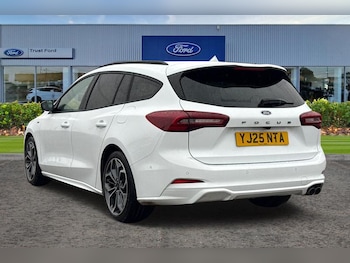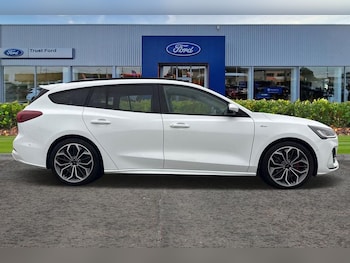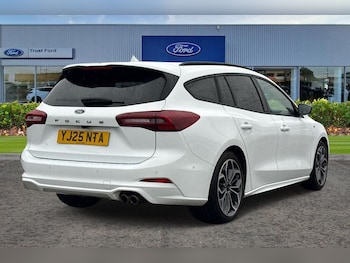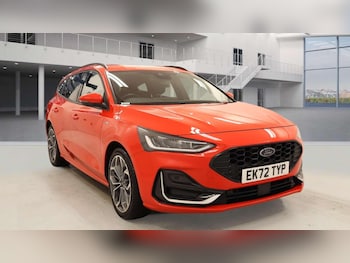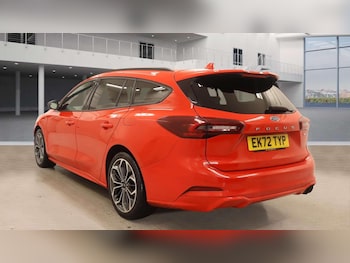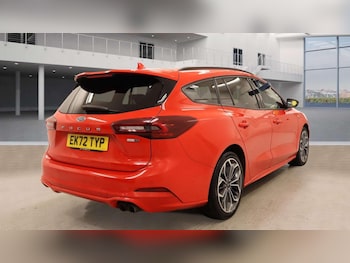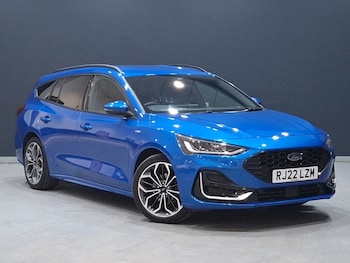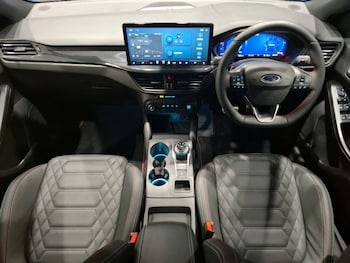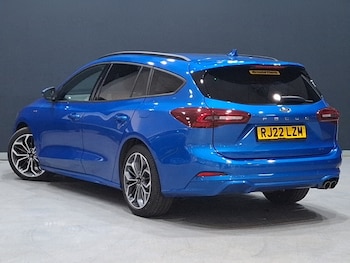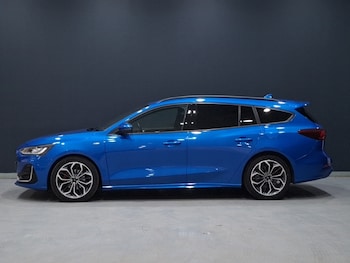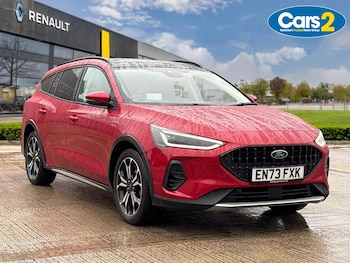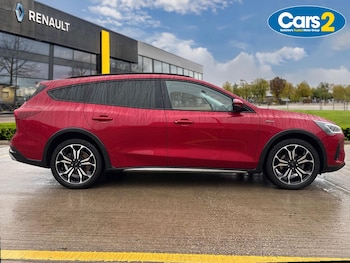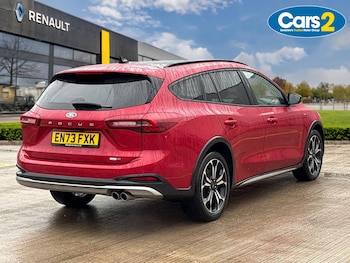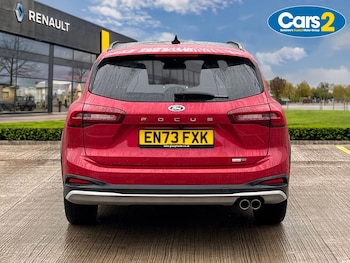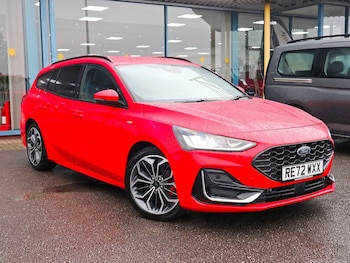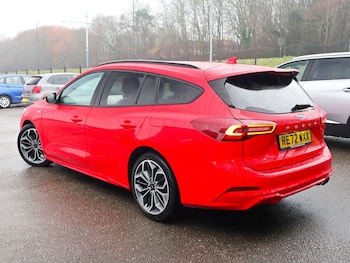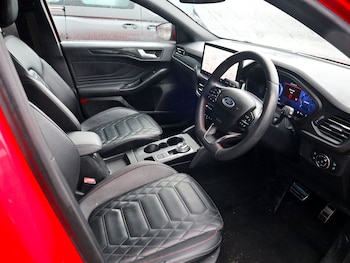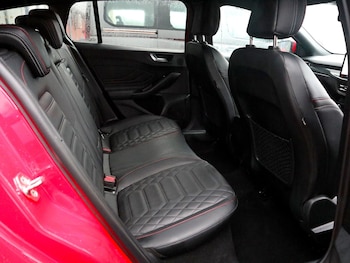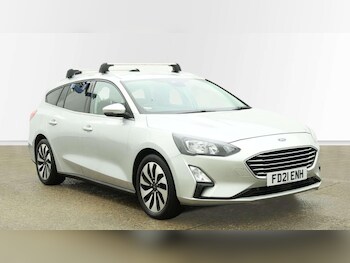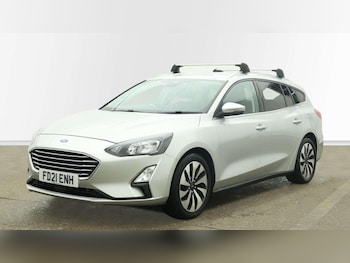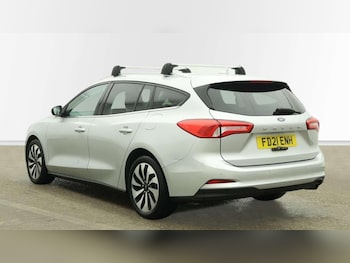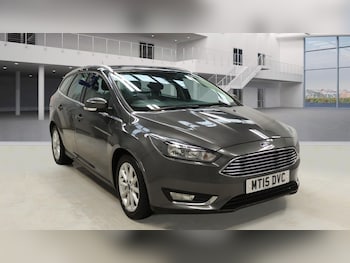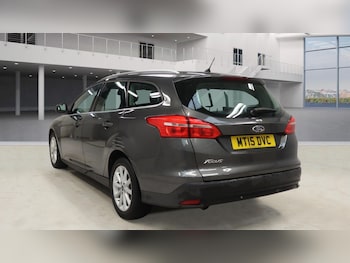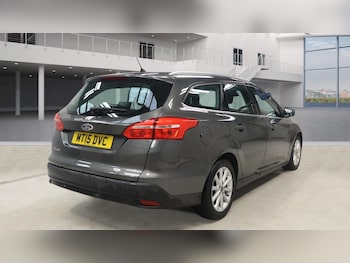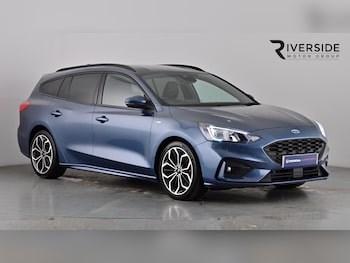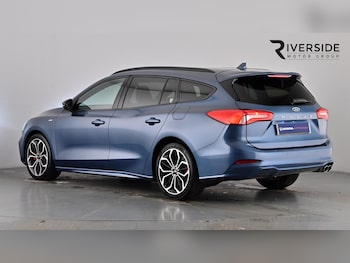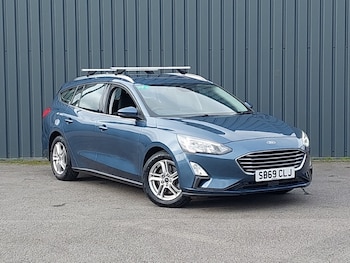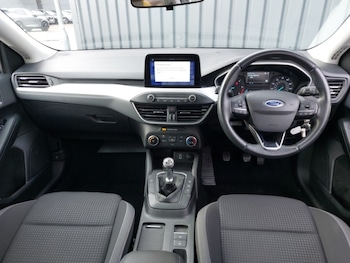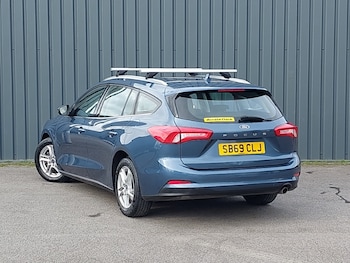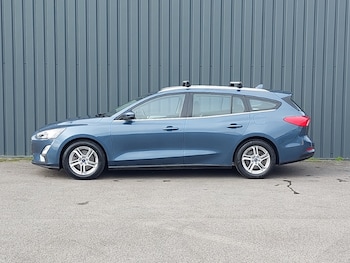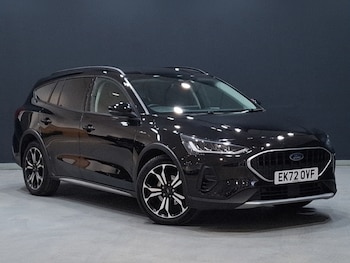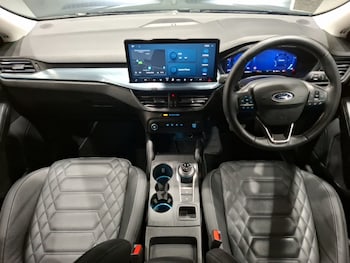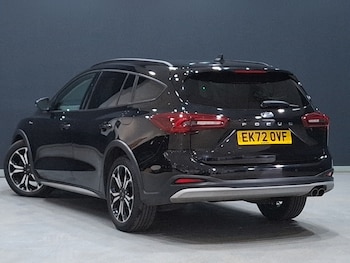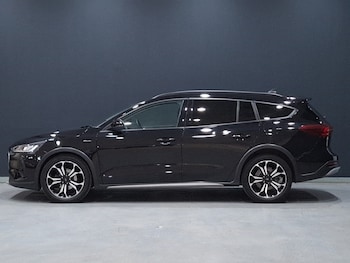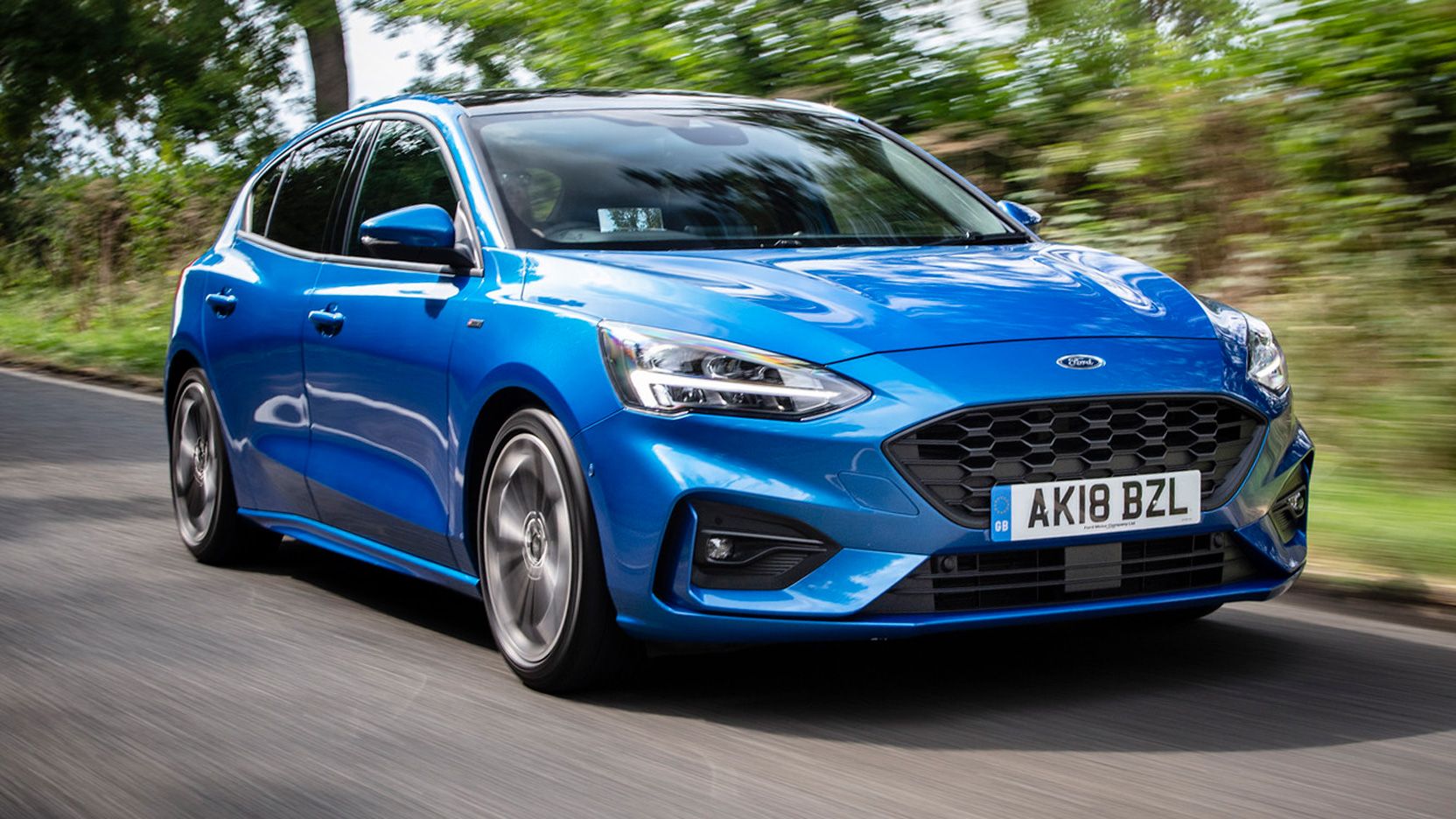Looking for a practical family car that won't break the bank? The Ford Focus estate might just be your perfect match. This versatile wagon combines Ford's reliable engineering with the space your growing family needs, all at a price that makes sense.
Whether you're planning weekend camping trips, ferrying kids to football practice, or simply need room for the weekly shop, a used Focus estate delivers impressive practicality without sacrificing driving enjoyment. The boot space alone—up to 1,653 litres with the rear seats folded—puts many SUVs to shame, whilst the refined driving experience keeps everyone comfortable on longer journeys.
But buying any second-hand car requires careful consideration, and the Focus estate is no exception. From understanding the different generations to spotting potential issues, this guide will help you navigate the used car market with confidence. We'll cover everything from trim levels to common problems, ensuring you drive away with a car that serves your family for years to come.
Why Buy a Used Focus Estate?
The Ford Focus estate represents exceptional value in the used car market. You'll find models from as little as £3,000 for older examples, whilst newer versions offer cutting-edge technology at a fraction of their original price. This depreciation works in your favour, allowing access to premium features like Ford's SYNC infotainment system and advanced safety technologies without the new-car premium.
Practicality stands as the Focus estate's greatest strength. The generous boot capacity easily accommodates prams, sports equipment, or holiday luggage, whilst the rear seats still offer comfortable space for adult passengers. The low loading lip makes lifting heavy items effortless—a real blessing when you're dealing with shopping or DIY supplies.
Running costs remain sensible too. The Focus estate benefits from Ford's extensive dealer network, meaning servicing and repairs won't break the bank. Parts availability is excellent, and many independent mechanics are familiar with the platform. Insurance groups are generally reasonable, and fuel economy—particularly in diesel variants—can exceed 60mpg on longer journeys.
Ford Focus Estate Overview
Ford introduced the Focus estate in 1999 alongside the original hatchback, establishing it as a key player in the compact estate segment. The design philosophy has remained consistent throughout its evolution: combine the Focus's engaging driving dynamics with maximum practicality for families.
The estate shares the same wheelbase as the standard Focus but extends the rear overhang to create that crucial extra cargo space. This approach maintains the car's balanced handling characteristics whilst delivering genuine load-carrying ability. The rear suspension is slightly modified to cope with heavier loads, though this doesn't compromise the car's renowned driving experience.
Current generation models feature Ford's sophisticated suspension geometry, which provides excellent ride comfort without sacrificing cornering ability. The steering remains direct and communicative—something often lost in family-focused vehicles. This balance between practicality and driver engagement has kept the Focus estate competitive against rivals such as the Volkswagen Golf estate and Vauxhall Astra estate variants.
Generations Breakdown
First Generation (1998-2004)
The original Focus estate introduced Ford's 'New Edge' design language with its distinctive angular styling. These early models are now quite affordable but require careful inspection for rust, particularly around the rear wheel arches and tailgate. The 1.8-litre Zetec engine provides adequate performance, whilst the diesel variants offer impressive fuel economy.
Second Generation (2004-2011)
A more refined offering with improved build quality and additional safety features. The introduction of the 2.0-litre TDCi diesel made these models particularly attractive for high-mileage drivers. However, watch for dual-mass flywheel issues on diesel variants and ensure the air conditioning system works correctly.
Third Generation (2011-2018)
This generation marked a significant leap in interior quality and technology. Ford's SYNC system appeared, along with improved soundproofing and more sophisticated suspension. The 1.0-litre EcoBoost petrol engine proved popular, though early examples may suffer from cooling system problems.
Fourth Generation (2018-Present)
The latest Focus estates feature Ford's most advanced technology, including adaptive cruise control and semi-autonomous parking. Build quality has improved significantly, though these models command higher prices in the used market.
Trim Level Comparison
Style
The entry-level trim provides essential equipment including air conditioning, electric windows, and a decent stereo system. Ideal for budget-conscious buyers who prioritise practicality over premium features.
Zetec
Adds alloy wheels, cruise control, and enhanced interior trim. This represents the sweet spot for most buyers, offering good equipment levels without excessive complexity.
Titanium
Premium trim featuring leather seats, automatic lights and wipers, and Ford's advanced infotainment system. These models hold their value well but cost more to maintain due to additional electrical systems.
ST-Line
Sporty styling with lowered suspension and larger wheels. Looks fantastic but may compromise ride comfort and increase tyre costs.
What to Look for When Buying
Service History
Insist on complete service records, particularly for diesel models. Regular oil changes are crucial for the longevity of Ford's engines, especially the 1.0-litre EcoBoost variants.
Common Problem Areas
- Dual-mass flywheel: Diesel models may exhibit clutch judder or difficulty selecting gears
- Air conditioning: Check the system blows cold air consistently
- Electric windows: Test all windows and ensure they operate smoothly
- Rust: Inspect rear wheel arches, door frames, and around the tailgate seal
Test Drive Checklist
- Engine starts easily and runs smoothly at idle
- Gearbox shifts cleanly without grinding or resistance
- Steering doesn't pull to one side under braking
- All electrical systems function correctly
- No unusual noises from the suspension over bumps
Interior and Exterior
Examine seat wear patterns and check for excessive interior damage that might indicate poor maintenance. Look for parking dents and scratches, but don't let minor cosmetic issues deter you from an otherwise good car.
Frequently Asked Questions
Why should I choose a Ford Focus estate?
The Focus estate combines practicality with engaging driving dynamics in a way few competitors match. You get generous cargo space without sacrificing the car's balanced handling, plus Ford's reputation for reliability and affordable maintenance costs.
Where can I find used Ford Focus estates for sale near me?
At Cazoo, you can browse high-quality second hand Ford Focus estate cars from trusted partners across the UK. Our platform makes finding a used Focus estate straightforward, with detailed photos and specifications for each vehicle.
Are used Ford Focus estates reliable?
Ford Focus estates generally offer good reliability when properly maintained. Early 1.5-litre EcoBoost engines are a bit of a grey area as there were reportedly issues with reliability, though this seems to have been addressed in later models. The key is finding examples with complete service histories and addressing any known issues promptly.
What trims of Ford Focus estate are available?
Focus estates typically come in Style, Zetec, Titanium, and ST-Line trims. Each offers different equipment levels, from basic but practical Style variants to fully-loaded Titanium models with premium features.
How much does a used Ford Focus estate cost in the UK?
Prices vary significantly based on age, mileage, and condition. Older examples start around £3,000, whilst nearly-new models can cost £15,000 or more. Mid-range examples from 2015-2017 typically fall between £8,000-£12,000.
Should I buy a diesel or petrol Focus estate?
Diesel variants excel for high-mileage driving (such as frequent motorway trips) with superior fuel economy, often exceeding 60mpg. Petrol engines suit lower-mileage drivers and offer smoother, quieter operation. Consider your annual mileage and driving patterns when deciding, because using a diesel for short around-town trips can be bad for its longevity and bad for fuel economy.
What should I check before buying a used Focus estate?
Verify the service history, inspect for rust around wheel arches and doors, test all electrical systems, and take an extended test drive. Pay particular attention to clutch operation on diesel models and cooling system function on EcoBoost petrols.
How many miles can a Ford Focus estate typically last?
With proper maintenance, Focus estates regularly exceed 150,000 miles. Diesel variants often achieve even higher mileages, though components like the dual-mass flywheel may require replacement around 100,000 miles.
Are there financing options for a used Ford Focus estate?
Cazoo offers various financing options to help make your purchase more affordable. Our platform provides transparent pricing and flexible payment solutions to suit different budgets and circumstances.
How do I maintain a Ford Focus estate in top condition?
Follow Ford's service schedule religiously, use quality oils and filters, address any issues promptly, and keep the car clean inside and out. Regular maintenance prevents small problems becoming expensive repairs and maintains resale value.

